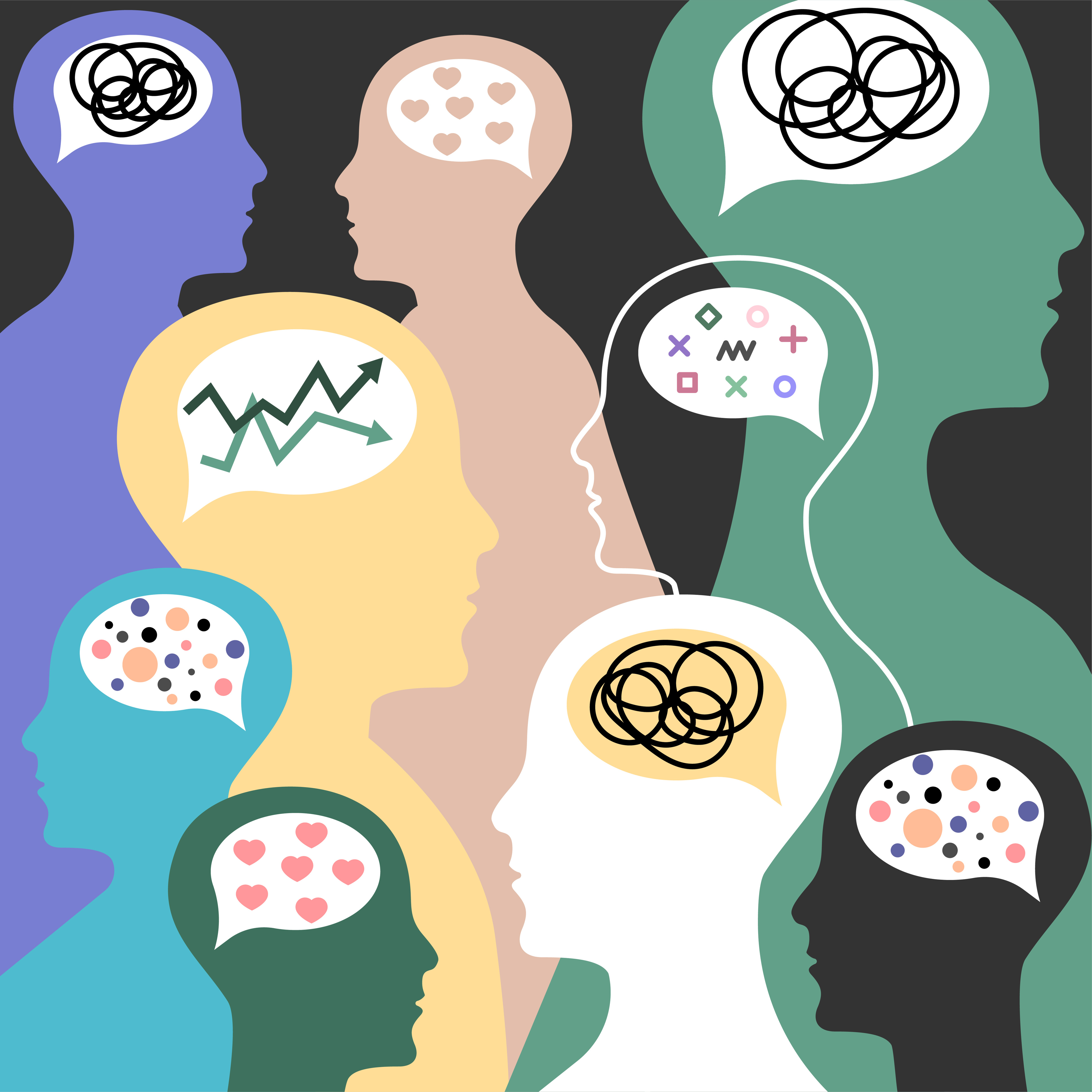Neurodiversity describes the idea that individuals experience and interact with the world around them in many different ways; there is no one “right” way of thinking, learning, and behaving, and differences are not viewed as deficits. Neurodiversity is often used in the context of autism spectrum condition (ASC), as well as other neurological or developmental conditions such as ADHD or dyslexia.
Although there is no “one-size fits all approach” it is important to note that some neurodivergent individuals can find some things very easy and other things incredibly hard. As a result of this, neurodiversity can be a competitive advantage to organisations when the individuals are given the opportunity to thrive in the right environment, making use of their strengths, instead of constantly trying to overcome challenges. So how can employers utilise this strength to enrich their overall workforce?
Ask the question – Provide an opportunity for neurodivergent individuals to share their experiences in a comfortable and considerate environment. Listen to their perspective, understand their struggles, and ask, “How can I help?”. It is also important to consider the legal considerations which employers must continue to be aware of are relevant. This is because under the Equality Act 2010, employers have a duty to put in place any reasonable adjustments for anyone who is placed at a disadvantage because of a disability.
Hire with neurodiversity in mind – Hiring processes, designed only with neurotypicals in mind can have the unintended consequence of excluding neurodiverse candidates. Employers can take simple steps such as including a diversity and inclusion statement in the job description, stating that they are happy to discuss reasonable adjustments. This is not only just a clear signal to potential applicants that the company consciously welcomes candidates with different identities and thinking styles, but also, will enable employers to actively demonstrate their commitment to accommodating adjustments. Extent this inclusion to tailoring a selection process to accommodate all individuals, with them having to ask. This can include providing an interview structure and even interview questions at the outset to allow a candidate to fully prepare.
Talk about it – Creating a positive workplace culture which emphasises the benefits of diversity needs to go further than providing an E&D policy to staff as part of a company induction. Companies need to make sure that all employees and managers have a clear understanding on what is meant by creating and empowering a diverse team. This can be done by upskilling your workforce by providing D&I Training for all so that neurodiversity is better understood and celebrated in the workplace. By doing so, this will also have the additional benefit of attracting candidates to your business, supporting you to become an employer of choice.
Learn to adapt – With 10% of the UK population reported to be neurodivergent, it is crucial that for businesses to thrive, they learn to adapt aspects of the typical working environment which can act as barriers that prevent neurodivergent employees especially, those with any form of sensory sensitivity from performing at their best at work. Common issues consider can include lighting, noise levels, and equipment. Adjustments to these can be simple, cheap, or even free, and can make a huge difference to someone’s quality of working life and ability to reach their potential.
Our People Projects Team is on hand to provide training to businesses covering a range of topics, such as recruitment and D&I Training. If you feel your team could benefit from this service, please get in touch to discuss your needs further.
In addition, we have planned the HR Community on the topic of Neurodiversity on Thursday 13 October 2022, 10:30 am – 11:30 am.
We are going to be joined by a guest speaker, Daniel Brooke who is a Neurodiversity Specialist, supporting neurodivergent people in the workplace through assessment and coaching, and helping organisations to understand the benefits of neurodiversity through consultancy and training.
If you are interested in joining the session, the link is included below.


